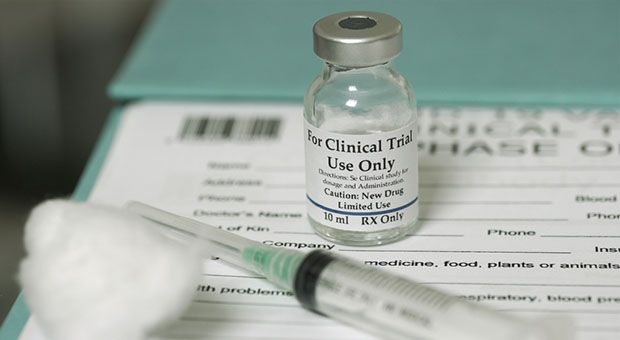BHP invests £300k in innovative service improvement projects
Birmingham Health Partners (BHP), the second city’s University-NHS partnership, has announced the inaugural recipients of its Seed Fund programme, awarding more than £300,000 to four projects across physiotherapy, drug delivery, perinatal care and ophthalmology.
Launched in 2022, the BHP Seed Fund is designed to support clinical academics and early-career researchers to develop, refine and implement projects which address local health burdens or system challenges. The fund enables interdisciplinary research, aiming to develop service improvements which can have rapid impact on patient experience and outcomes, and which can also be rolled out to other NHS Trusts. With funding contributed by its three founding members – the University of Birmingham, Birmingham Women’s and Children’s Hospitals, and University Hospitals Birmingham – the Seed Fund supports BHP’s culture of embedding research into everyday clinical and healthcare practice.
The successful projects are:
-
-
- Testing a variety of interventions to reduce avoidable readmission to acute hospital care after hip fracture;
- Developing a novel drug delivery device to reduce recurrence of sarcoma (bone and soft tissue cancer);
- Reducing racial and ethnic inequalities and improving perinatal outcomes using health data;
- Developing an Ocular Infection reference database to deal with common eye conditions.
-
The judging panel were impressed by the scope and variety of all the proposals submitted, noting the particular benefits of the successful projects in terms of patient outcome and cost-effectiveness for the NHS. The projects also demonstrated a clear link back to the five priority themes which have been identified for the West Midlands by BHP in collaboration with local NHS Trusts, namely: health data and AI; engineering into health settings; sustainability; health inequalities; and health systems and evaluation.
Dr Emma Sutton, a clinical-academic physiotherapist at BHP founder-member University Hospitals Birmingham NHS Foundation Trust is one of the awardees and commented: “I am absolutely thrilled to be conducting this important piece of work alongside a fantastic steering group which includes orthogeriatricians, geriatricians, surgeons, methodologists, nurses, physiotherapists, pharmacists, data experts, quality improvement experts and patients. We are all passionate about the care of older people, and we are driven to improve care so that when a person who experiences a hip fracture goes home, they only return to hospital within the first month if it is appropriate and necessary. Working out which re-admissions to hospital are avoidable is crucial, because when an older person is re-admitted to hospital, they are at risk of much poorer outcomes (such as being discharged to residential care instead of their own home). We hope to find a way to identify which readmissions are avoidable, and identify which systems and support could be put in place to ensure that the root causes of these avoidable re-admissions can be tackled.”
Tim Pile, Chair of BHP member the Royal Orthopaedic Hospital, led the judging panel and commented: “In its inaugural year, the BHP Seed Fund received a very high standard of applications, attracting a wide range of proposals from across the partnership. Our awardees all demonstrated tangible patient benefit and excellent potential to scale up and roll out to other Trusts. As each project now begins to move from proof-of-concept through to implementation, we’ll be on hand to provide support and mentoring throughout.”
Applications for future rounds of the Seed Fund and key dates will be posted at www.birminghamhealthpartners.co.uk/bhp-seed-fund/





